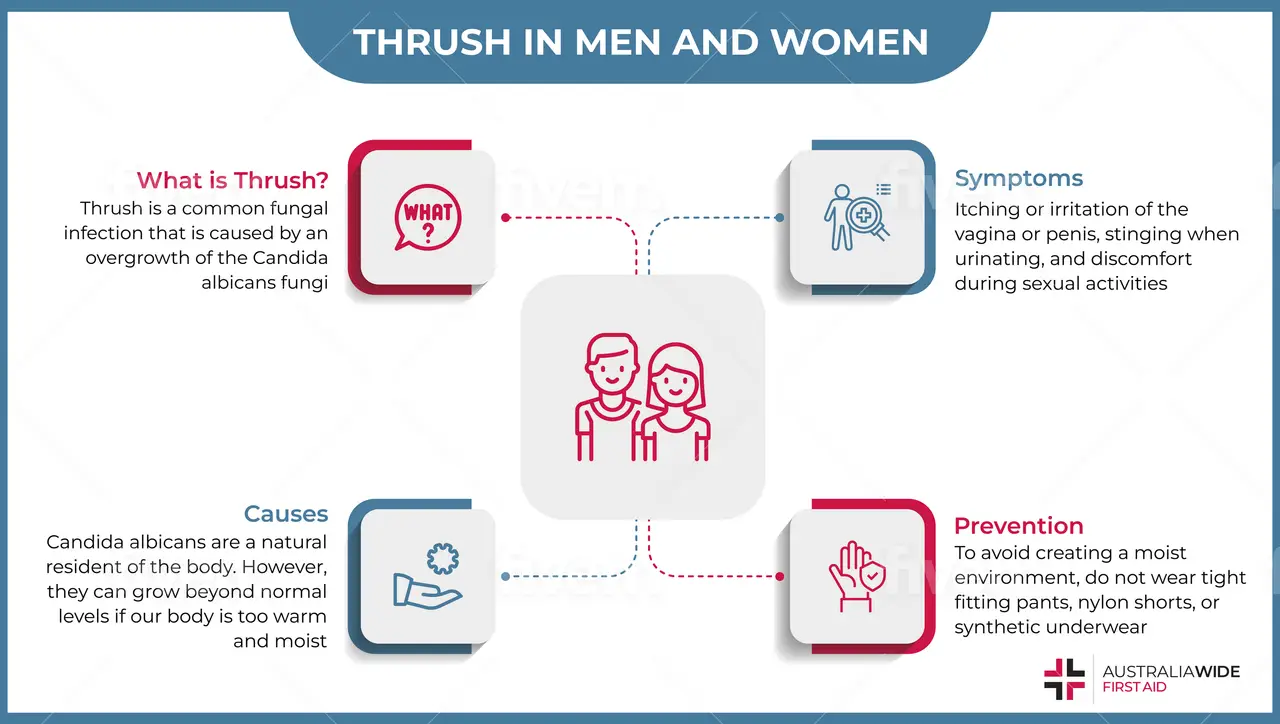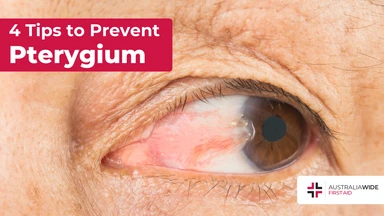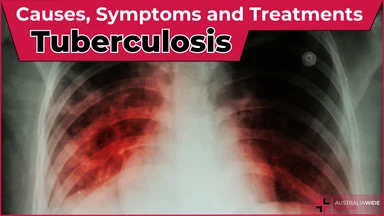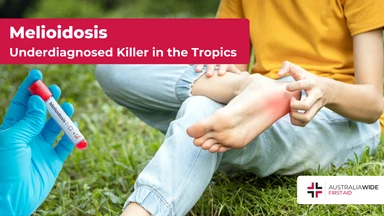Thrush in Men and Women: Causes, Symptoms, and Treatment


Thrush is a common fungal infection that can affect both women and men.
It’s usually harmless, however the infection can reoccur and can be very uncomfortable if left untreated.
This fungal infection can occur in both the genital area or in the mouth as oral thrush. In this article, the thrush referred to is the genital variant.
Thrush (or candidiasis) is a common fungal infection caused by a type of fungi called Candida albicans. Thrush can affect both women and men due to an overgrowth of Candida albicans. This fungus is a natural resident of the body; and due to the warm and moist environment of our bodies, this can cause the fungus to grow faster than our immune system’s ability to keep it in check.
This can lead to an overgrowth of fungi, causing the fungal infection known as thrush. Most common places this can occur include:
Having a healthy amount of Candida albicans is normal for the human body. However, there are some factors that may increase the chance of a fungal infection such as:
Symptoms of thrush vary between the individual, but here are some common symptoms for both women and men.
Thrush symptoms in women:
Thrush symptoms in men:
Thrush in itself is not a serious infection and is not a sexually transmitted infection (STI). However, men can sometimes contract thrush from having intercourse with a woman who has the fungal infection. If left untreated, it may result in life-threatening infections in other parts of the body such as the heart, eyes, brain, and bones.
You may not need to see a doctor unless:
Your doctor will be able to diagnose the infection based on the symptoms and appearance of the infection area or take a cotton swab test to be inspected under the microscope. Your doctor will rule out the possibility of an STI and confirm the existence of thrush. For women especially, there are other genital conditions that result in similar symptoms so it’s important to get diagnosed initially.
If you are diagnosed with thrush, your doctor will prescribe you with an antifungal medication – this can be a tablet you take orally or a pessary (dissolving tablets you insert into the vagina) or an antifungal cream. After taking the necessary medication, your thrush should clear up within 7 to 14 days.
If your treatment doesn’t look like it’s working or if you get thrush twice within the span of 6 months, you should see a doctor as it may be an indicator of other health problems or a drug-resistant type of Candida. Here are some common reasons why thrush treatment may fail:
Visiting your doctor will help identify what the exact cause is and the appropriate medicine and treatment for your specific case.
If you are sure that you have thrush and have been diagnosed with it before, you can purchase antifungal medicine from a pharmacy as they do not require a doctor’s note or prescription.
While thrush is rarely dangerous, it’s important to take precautions in preventing thrush from occurring again in the future. This will not only help reduce your chances of having recurring thrush but also improve your overall genital hygiene.
Here are some practices you can implement to prevent thrush in the future. These practices apply to both women and men wherever is relevant:
By taking precautions, noticing the symptoms, and speaking to a doctor, thrush can be easily prevented and treated.
If you are unsure about the symptoms, your doctor would be able to determine if you are suffering from thrush.
To learn more about identifying, managing, and preventing the symptoms of different health conditions, book a First Aid course with us today.

May 1, 2025
Pterygium, also known as surfer's eye, is an ocular surface disease characterised by a growth of limbal and conjunctival tissue over the cornea. Fortunately, you can practice many eye health habits to help prevent the development of pterygium and other risks.

April 3, 2025
Tuberculosis is a severe bacterial infection that mainly affects the lungs and other parts of the body, including the nervous system. This contagious disease can quickly spread in crowded areas when an infected person coughs, talks, or sneezes.

February 13, 2025
Melioidosis is a bacterial infection caused by Burkholderia pseudomallei, a microorganism found in soil and water. This infection is often underdiagnosed due to symptoms mimicking many other illnesses. As such, awareness is critical for those living or working in affected regions.